Published:2024-09-30 16:04:13Source:JuxiaAuthor:Juxia
CD Projekt Red is pushing forward with Project Orion, sparking a wave of speculation about the next chapter in the Cyberpunk 2077 saga. After a turbulent launch, the studio worked tirelessly to transform Cyberpunk 2077 into one of the most engaging RPGs of recent years. Naturally, expectations for the sequel are sky-high. However, there are concerns that the game may drift away from its roots, especially with rumors circulating about a possible space setting.
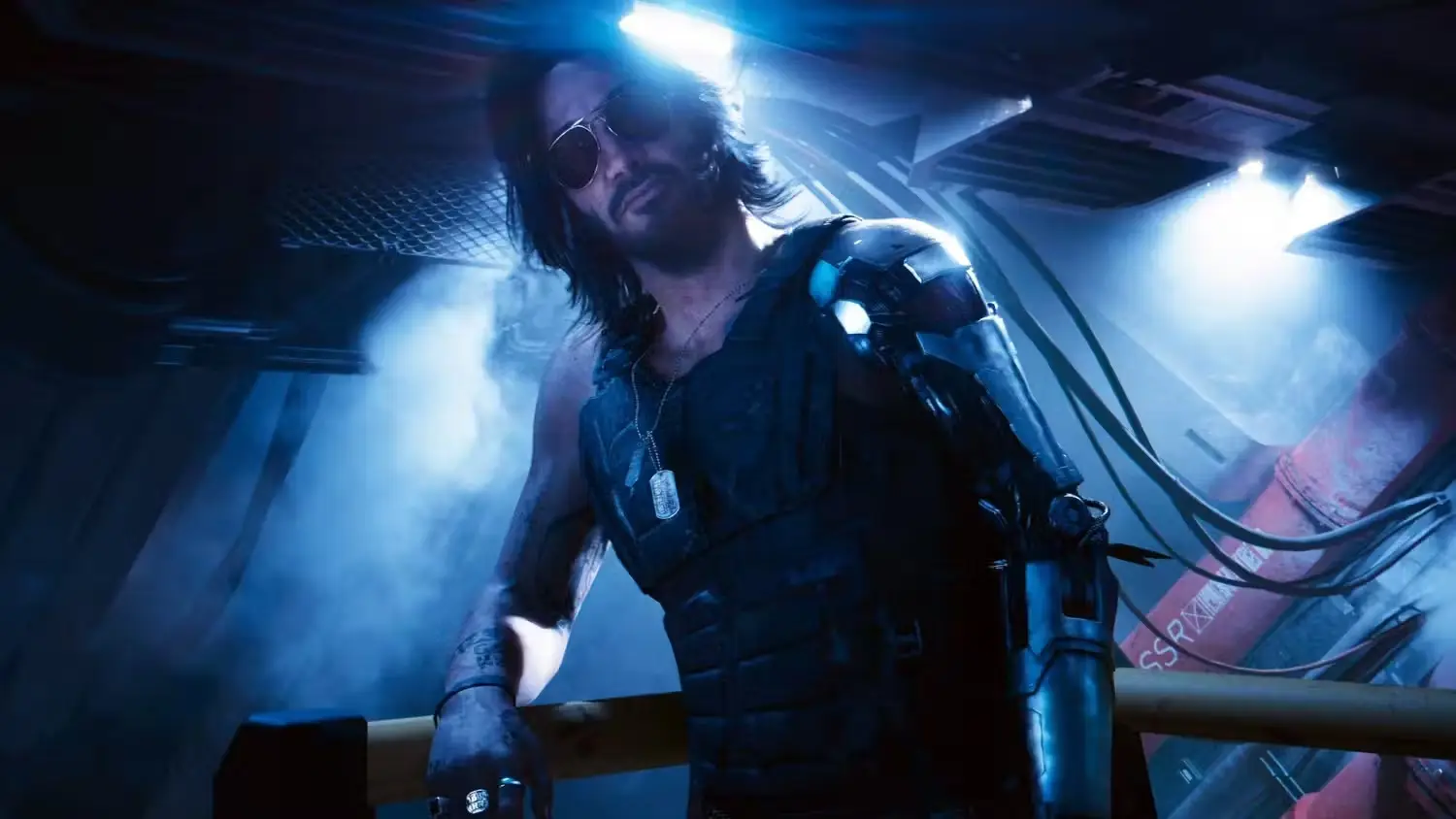
An intriguing leak from earlier this year revealed that a planned DLC would have taken players to lunar settlements. Though this content was eventually shelved, its early development has fueled speculation that space could play a significant role in the upcoming sequel. While expanding the universe into space might sound exciting, it risks losing the essence of what makes cyberpunk as a genre so compelling.
Cyberpunk is deeply grounded in themes that explore the dark side of technology and society, not in far-flung cosmic adventures. The genre owes its origins to William Gibson's 1984 novel Neuromancer, which laid the foundation for a dystopian future where advanced technology and societal decay collide. Cyberpunk 2077 brought these themes to life, blending the allure of technological progress with the horror of societal collapse.
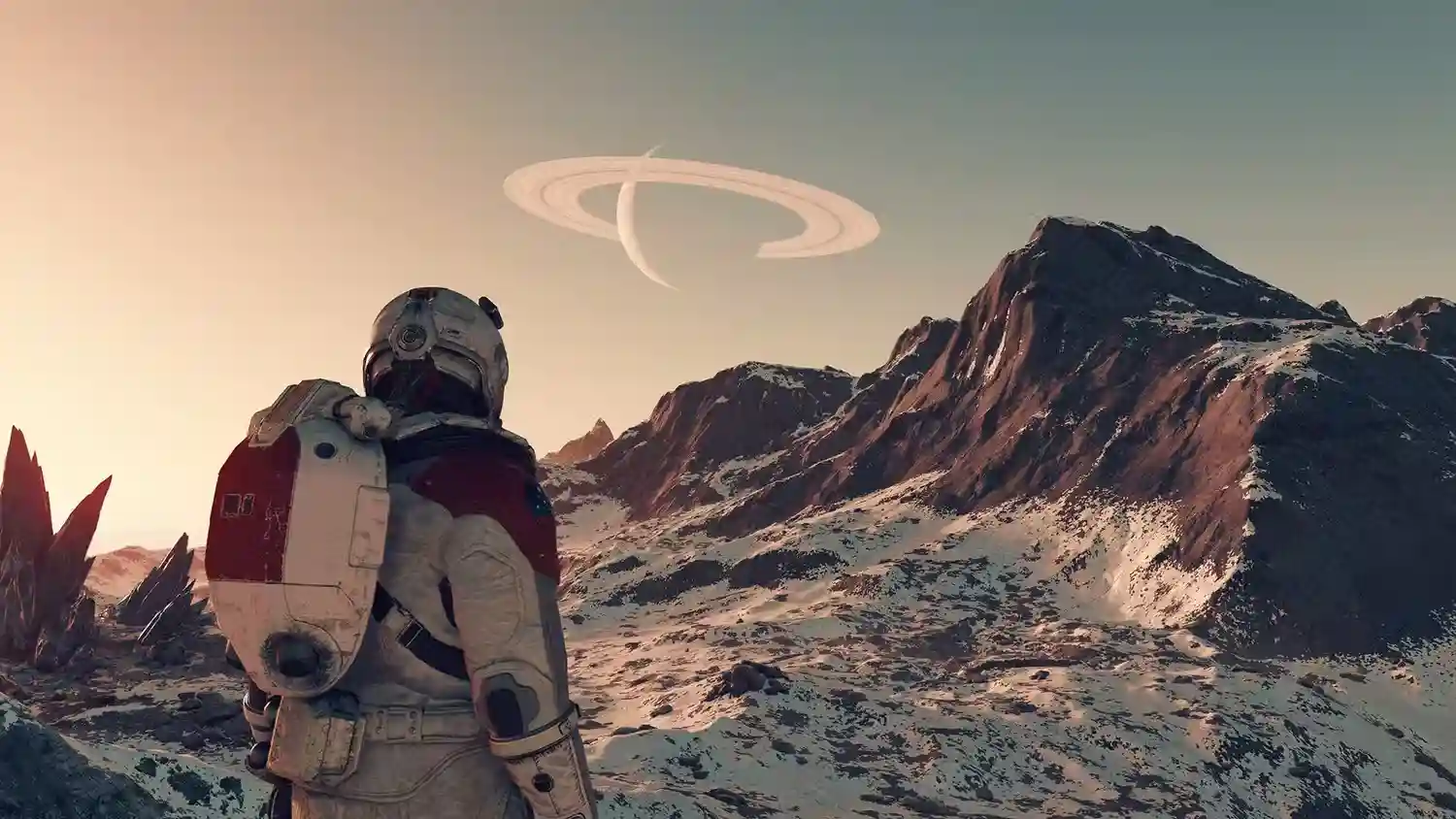
A central theme in the genre is oppression—whether it’s through the shiny facade of corporate control or the gritty underworld of urban life. In Cyberpunk 2077, players choose between vastly different life paths: the polished corporate elite, the chaotic streets of Night City, or the wild and dangerous Badlands. Each route showcases a world ravaged by inequality, where technology has spun out of human control. The game's distinctive neon-lit visuals and dystopian atmosphere only amplify this tension.
If Project Orion ventures into space, it will need to remain firmly grounded in these core themes. Cyberpunk thrives on highlighting humanity's flaws, which is why Cyberpunk 2077 succeeded so well in portraying Night City—a crumbling future metropolis on the brink of destruction. A space setting, without careful handling, risks straying too far from these core elements.
At the heart of cyberpunk isn’t just the “cyber” aspect of high-tech wonders—it’s the “punk” attitude that breathes life into the genre. Keanu Reeves’ portrayal of Johnny Silverhand captures this rebellious energy perfectly. His anti-establishment ethos, rock-star swagger, and determination to upend the status quo are critical to the world of Cyberpunk 2077.
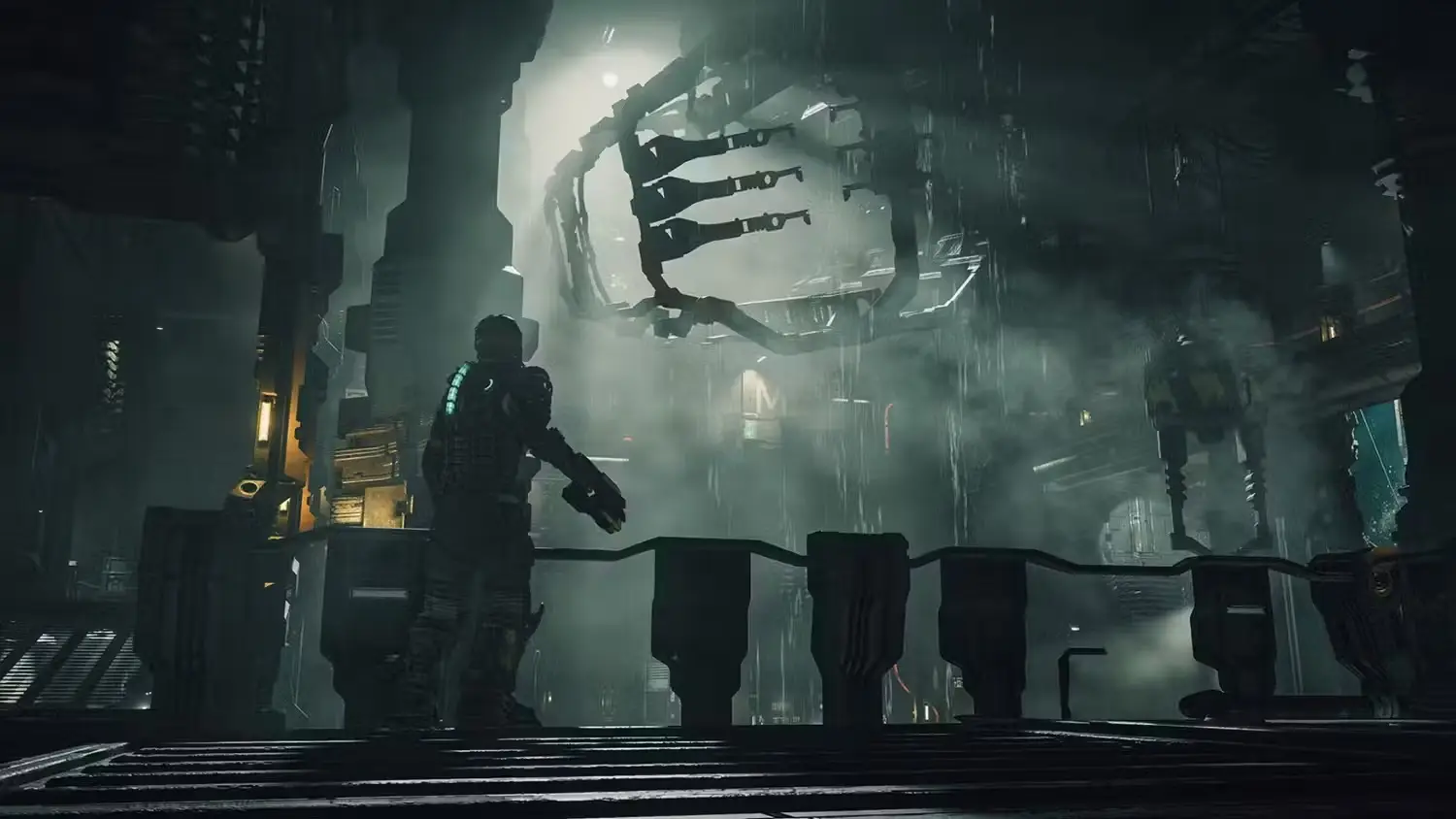
It’s difficult to imagine a character like Johnny Silverhand thriving in a space-themed sequel. A setting reminiscent of Starfield, Dead Space, or Halo would clash with the rebellious, street-level vibe that defines Cyberpunk 2077. While a moon setting might offer new possibilities, it risks feeling cold, sterile, and detached from the chaotic vibrancy of Night City. Worse yet, it could simply feel like a rehash of the existing urban environment, minus the soul that made it so captivating.
Johnny Silverhand represents the raw edge of Cyberpunk 2077’s culture, and his presence—along with the grit and resistance he symbolizes—anchors the game’s appeal. For Project Orion to succeed, it will need to capture the same rebellious spirit, even if the setting evolves.
While CD Projekt Red has proven itself as a master of immersive world-building, moving the series into space would present enormous challenges. Cyberpunk 2077 itself had a rocky start, requiring numerous updates to reach its potential. Adding a space-based setting to the mix would increase the complexity of this follow-up, and players’ concerns about the direction of the sequel are understandable.
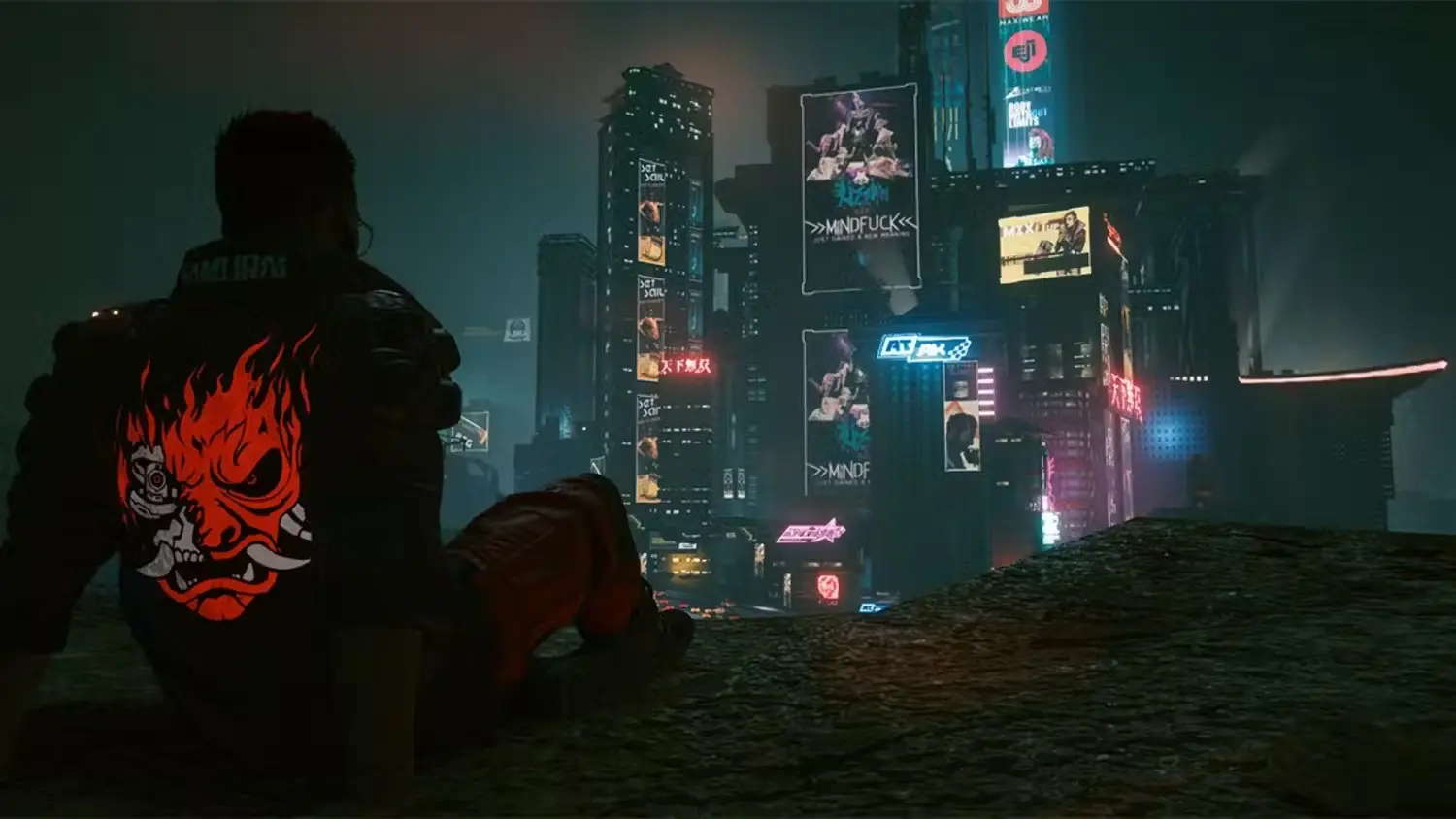
To keep fans of Cyberpunk 2077 invested, Project Orion must remain true to the genre’s roots. The fusion of cyberpunk’s gritty themes with its striking visuals is essential to the game’s identity, and dismantling that in favor of a new setting could alienate the fanbase. Whether navigating the pitfalls of mega-corporations or the underbelly of a decaying city, these elements must remain at the core of the sequel’s vision.
For Project Orion to succeed, it can't just be another sci-fi adventure in space—it needs to stay punk.
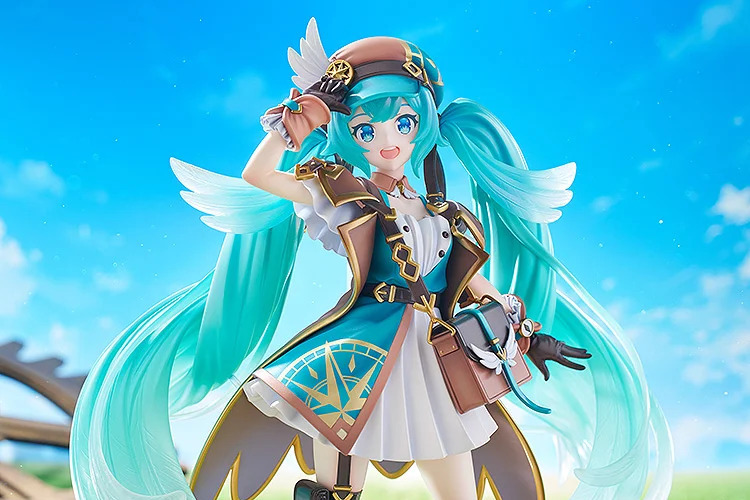
Juxia Figure Review - Hatsune Miku 100th Adventure Ver Preorder Now!
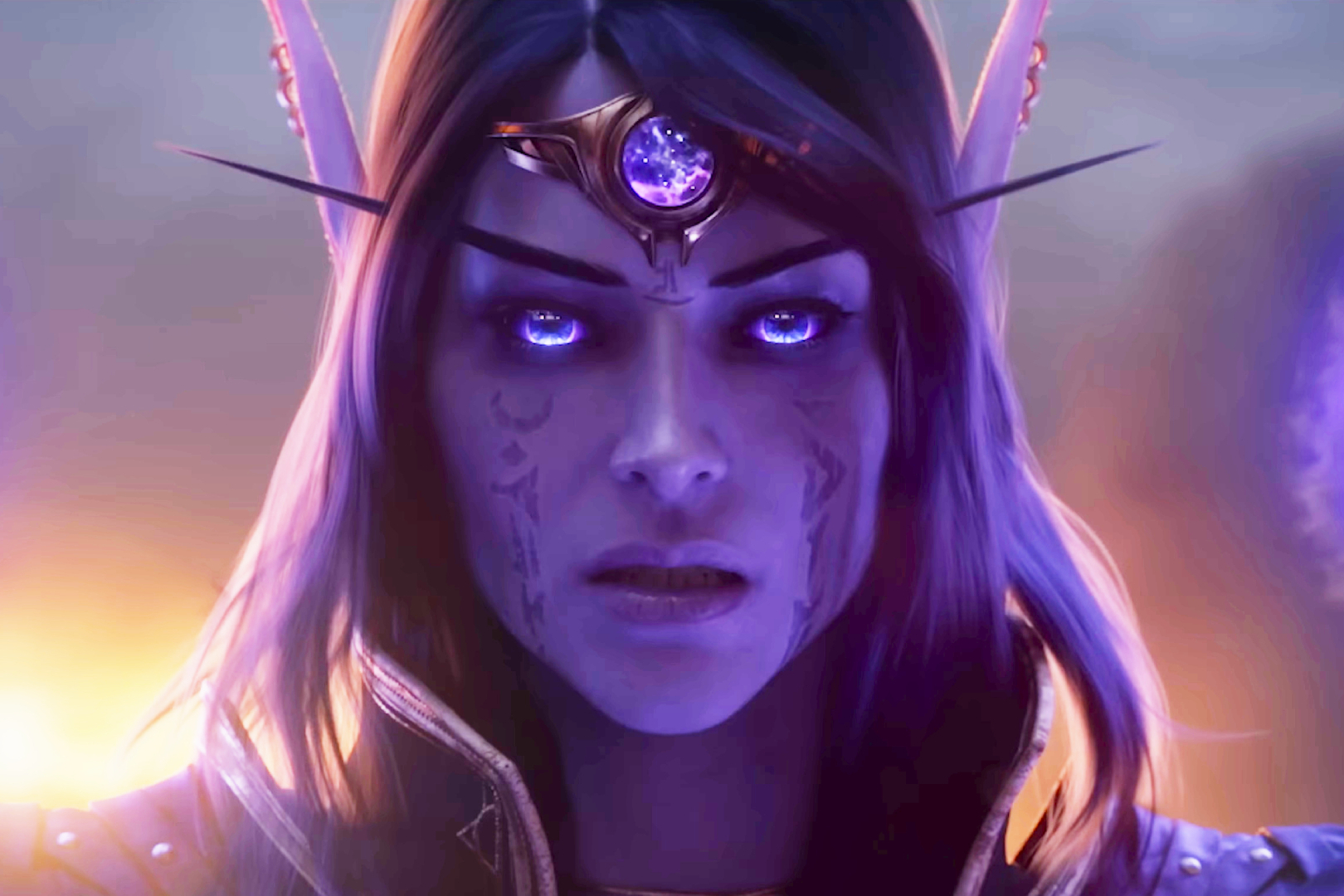
Juxia Game Review – WoW Midnight Deep Dive: Release Date, Player Housing, and Prey System!

Juxia Anime Review - 'The Demon King’s Daughter Is Too Kind!!' Anime Upcoming Adaptation!
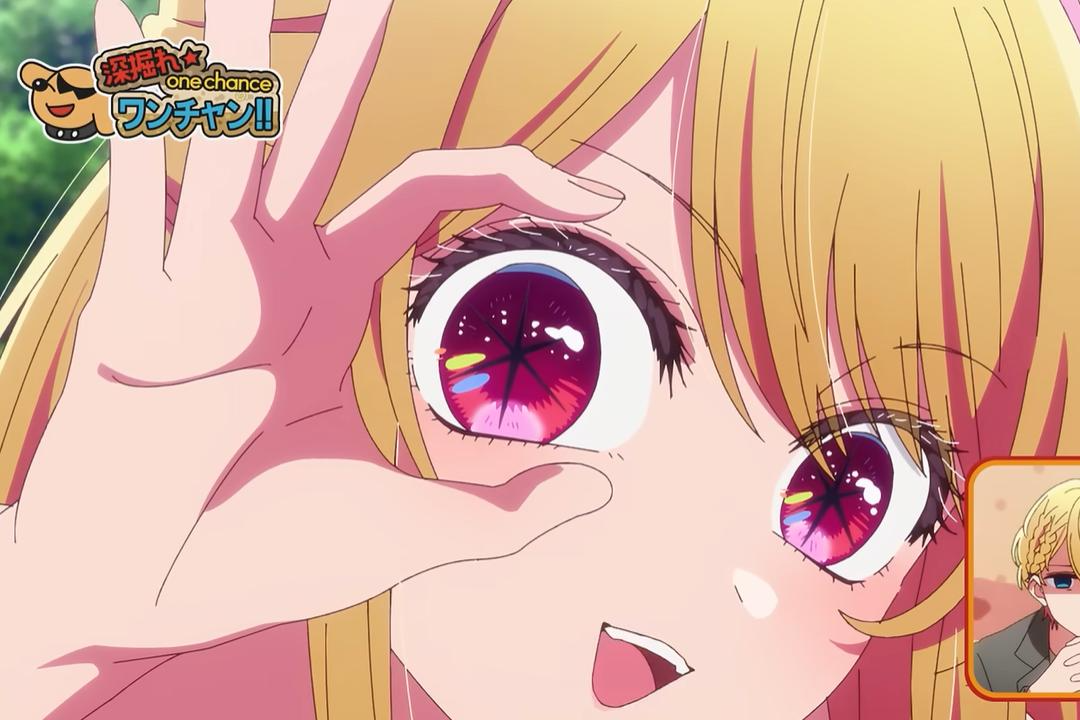
Juxia Anime Review - OSHI NO KO Season 3 Release Date, Trailer, and Story Predictions!
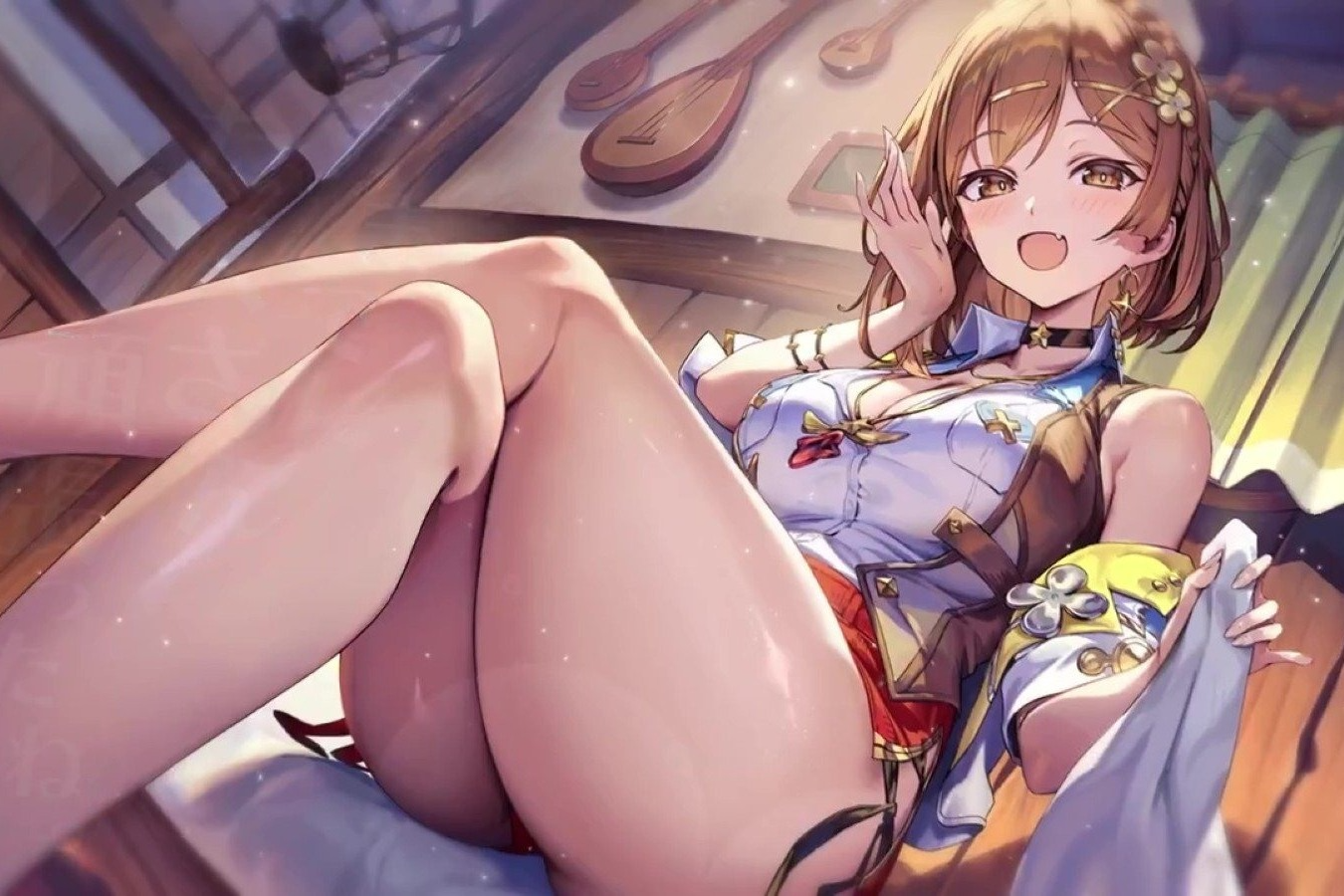
Juxia Game Review - Koei Tecmo’s Atelier Ryza ASMR Hits DLsite!
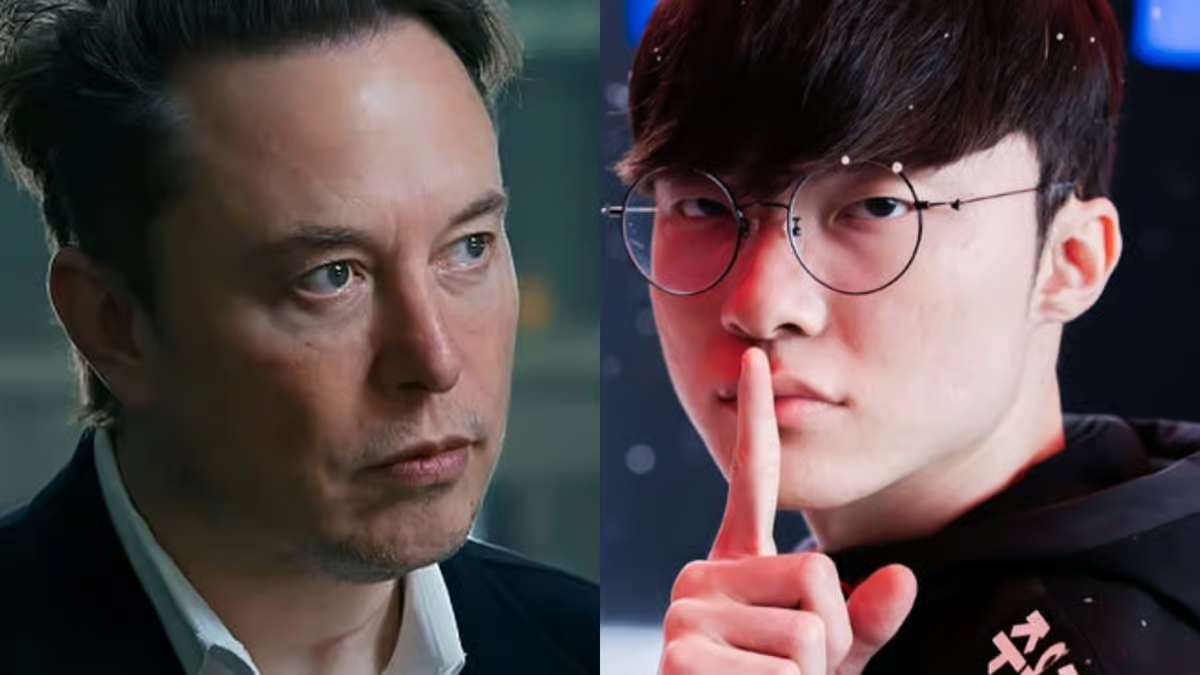
Juxia Game Review - Elon Musk Just Challenged LoL Pros With Grok 5, and the Internet Is Losing It!

Juxia Game Review - The Ultimate Final Fantasy VII Remake Intergrade Switch 2 & Xbox Breakdown
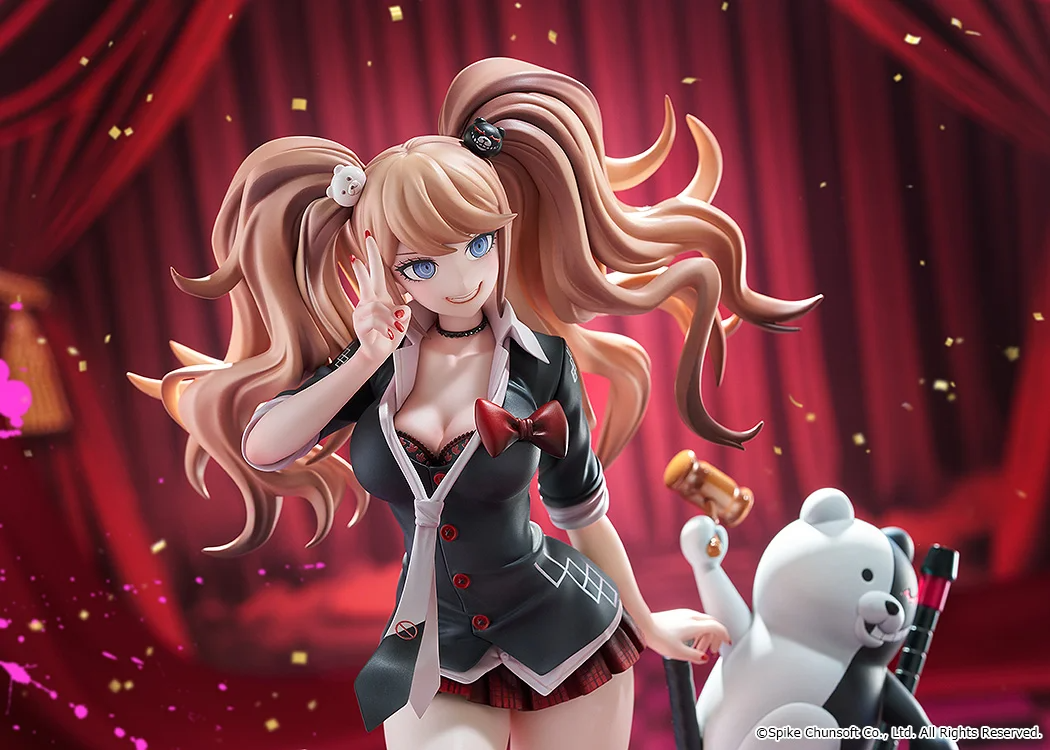
Juxia Figure Review – 15th Anniversary Junko Enoshima Figure Every Fan Needs!

Juxia Movie Review - The Legend of Zelda Live-Action Movie Coming Soon!
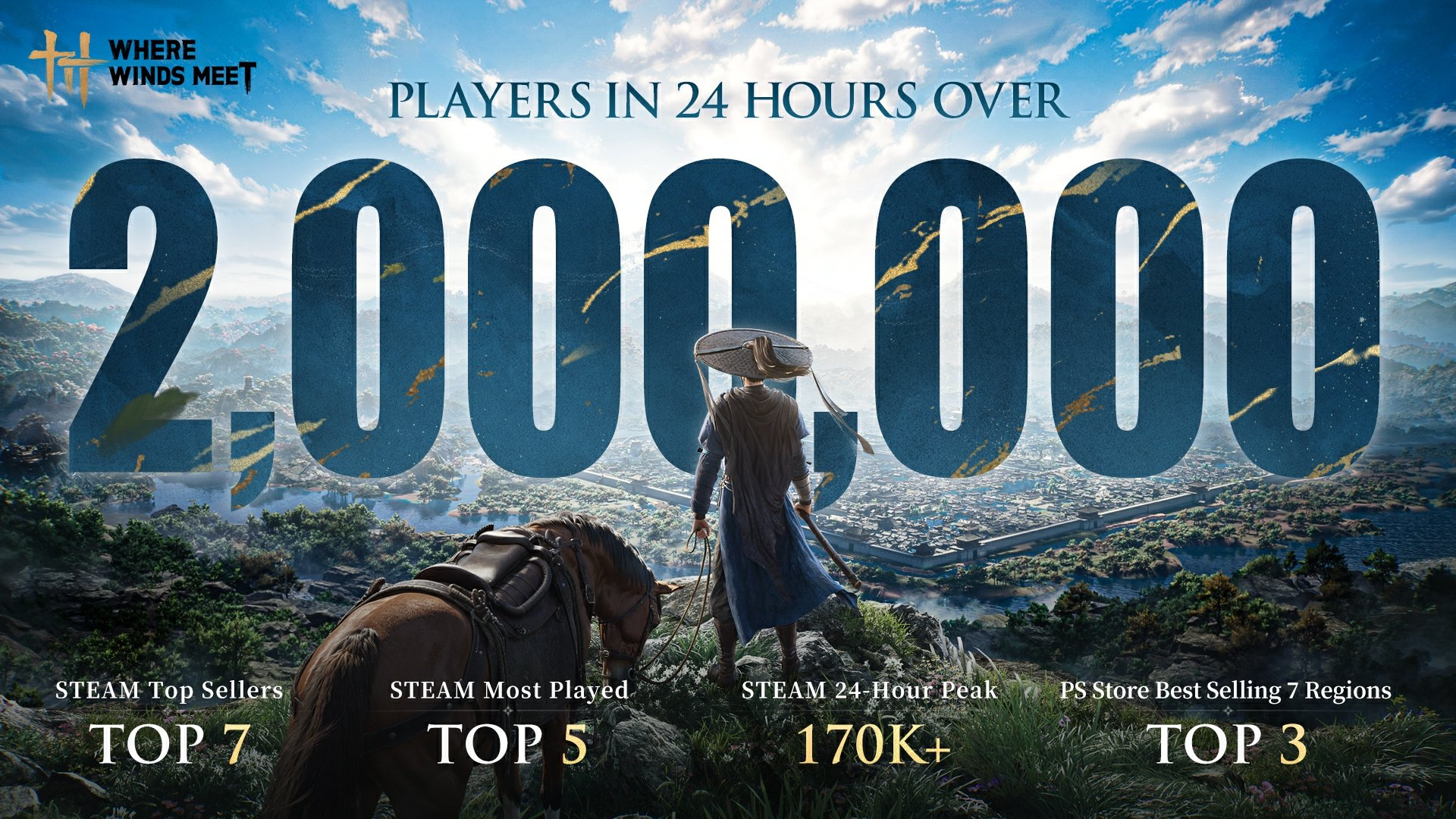
Juxia Game Review - Where Winds Meet Surged Past 2 Million Players on Day One!
Juxia Game Review - Koei Tecmo’s Atelier Ryza ASMR Hits DLsite!
Juxia Anime Review - You Can't Be in a Rom-Com with Your Childhood Friends! Anime Adaptation
Juxia Anime Review - Why You Should Revisit Chained Soldier Explosive First Season
Transform Text and Photos into incredibly creative emojis with 'AI Emoji'
Sword of Justice Global Launches Soon - Everything You Must Know!
Sword of Justice Class Guide (7) - All School Classes Explained & Reviewed!
Sword of Justice Class Guide (6) - Sylph: Healing, Revival, and Grace in Battle!
Sword of Justice Class Guide (5) - Ironclad: Why This Rare Tank Class Is Worth Playing!
Sword of Justice Class Guide (4) - Numina: Master the Art of Poison and Tactical Combat!
LIVE A HERO
Retro Hero Mr Kim
Empire of Passion
Arcane Quest Legends
Magic Snap: Momotaro
AllStar Manga Heroes
Lunescape
ONE PIECE Thousand Storm JP
Tap Titans 2